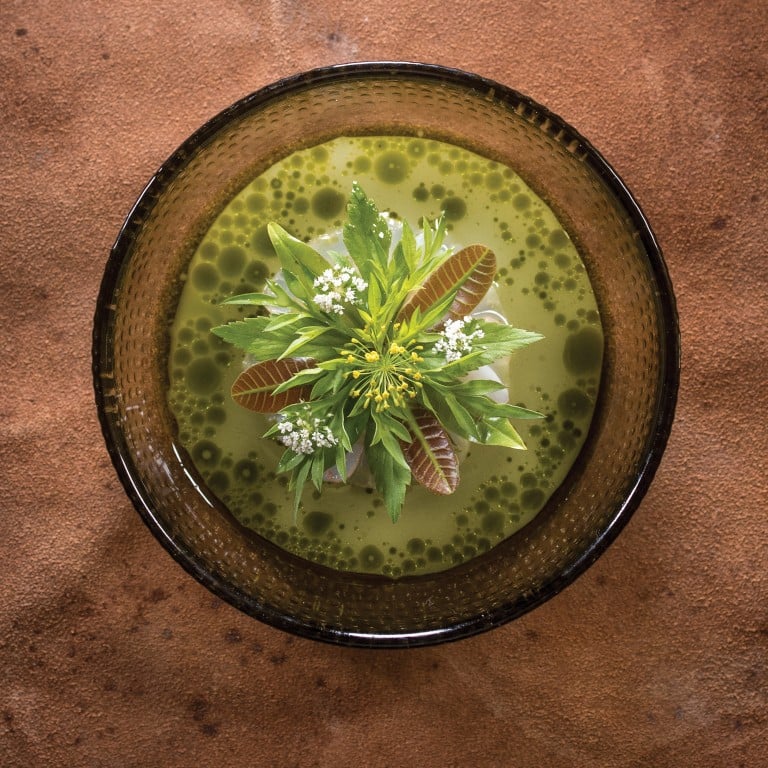What it’s like to dine at Dewakan: the first and only Malaysian restaurant on ‘Asia’s 50 Best’ list

Chef Darren Teoh and his team’s acclaimed dishes using ‘God’s bounty’ – produce from the nation’s farms, seas, mountains and jungles – are now being recognised
It seems simple enough to describe Dewakan as a restaurant that specialises in “modern Malaysian” cuisine, but doing so brushes over the extent to which chef Darren Teoh and his team have pioneered a new direction in the country’s fine dining scene.
When Dewakan – a fusion of the Malay words “dewa”, which means god, and ‘makan’, meaning “to eat, or simply “food” – first opened in Shah Alam 2015 – as part of an educational entrepreneurial effort at KDU University College – haute cuisine in the Malaysian capital was a very different animal compared with what it is today.
The obligatory big-ticket items on every fine dining menu, Wagyu beef, foie gras, Boston lobsters, all had to be imported from great distances to render the meal special (and to justify its sheer expense).

Dispensing with those notions entirely, Teoh instead insisted on throwing the spotlight on produce from Malaysia’s farms, seas, mountains, and jungles, positing the country’s indigenous ingredients as a bounty from God that deserves to be honoured and celebrated.
In doing so, he attracted the attention of a culinary audience who began to understand that locally sourced food could also be unusual and exciting – and word, it seems, is beginning to spread internationally.
It’s nice to be recognised ... and acknowledgement of the work we’ve done. We’ve been very consistent for the past four years and have built up what we can from strength to strength
At the awards ceremony for Asia’s 50 Best Restaurants 2019 in Macau last week, Dewakan emerged as number 46, making it the first and only Malaysian restaurant ever to appear on the list.